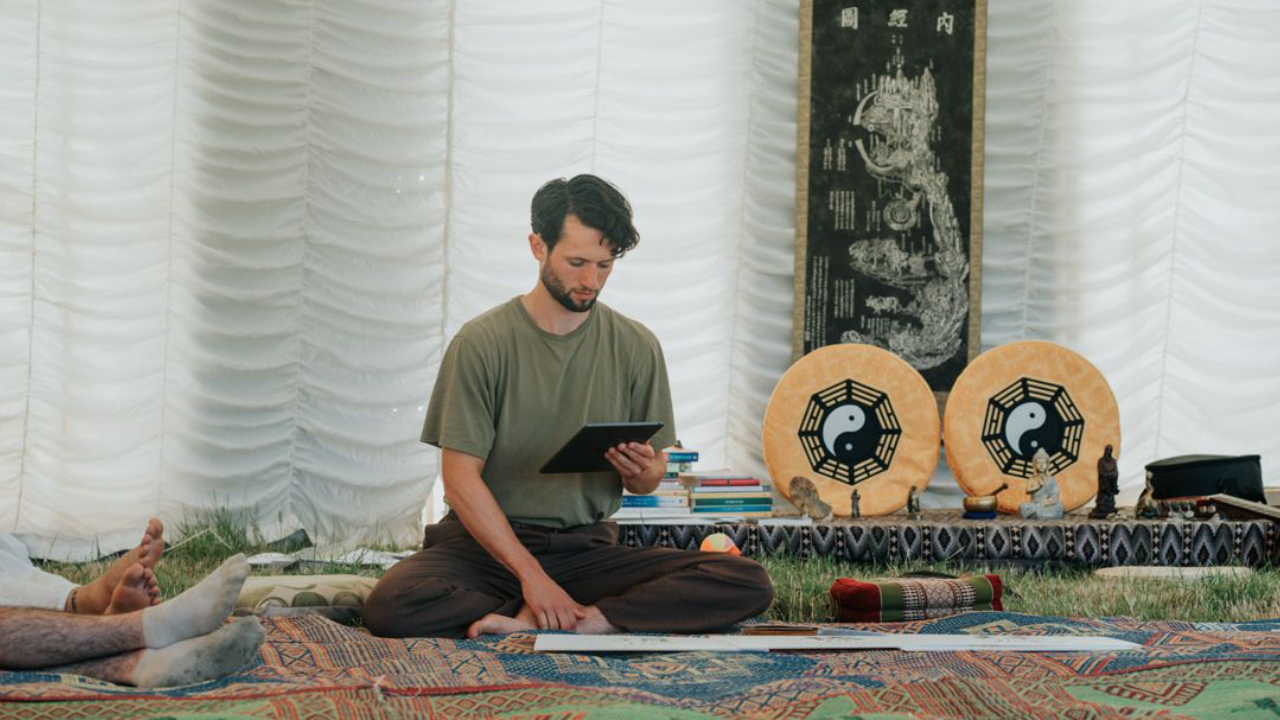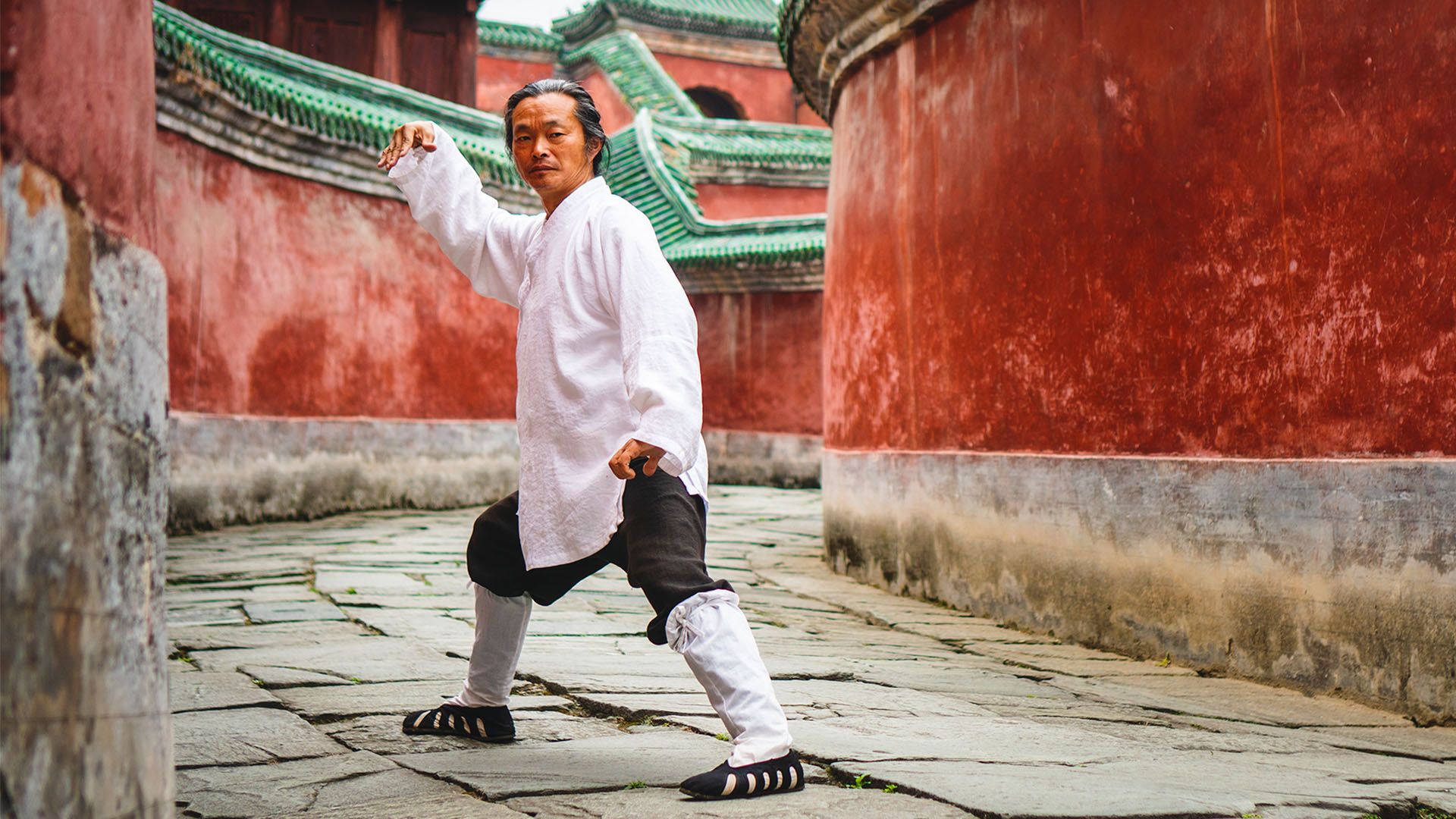Can you be Taoist and Catholic? Exploring the Intersection of Two Belief Systems
Apr 28, 2023
As globalization blurs the boundaries between cultures and religions, many people are drawn to more than one belief system. This can be a source of confusion, especially if the two systems seem at odds with each other. One such pairing is Taoism and Catholicism. Can you be Taoist and Catholic? Let's explore this question further.
First, let's define Taoism and Catholicism. Taoism is an ancient Chinese philosophy that emphasizes the harmony of opposites and the importance of living in accordance with the natural world. On the other hand, Catholicism is a monotheistic religion that centers on the teachings of Jesus Christ and the Holy Bible.
At first glance, it may seem like Taoism and Catholicism are incompatible. After all, Taoism is a philosophy, while Catholicism is a religion. However, if we look deeper, we can find some similarities between the two.
Core beliefs of Taoism
One of the core beliefs of Taoism is the concept of Wu Wei, which translates to "non-action" or "effortless action." This is the idea that we should not force things to happen but instead allow them to unfold naturally. Similarly, one of the central tenets of Catholicism is trust in divine providence. This means believing that God has a plan for our lives and that we should trust in Him to guide us.

Another similarity between Taoism and Catholicism is the importance of inner peace and spiritual growth. Taoism teaches that inner peace can be achieved through meditation and contemplation, while Catholicism emphasizes the importance of prayer and sacraments. Both belief systems recognize the need for self-improvement and the importance of cultivating a strong inner life.
So, is it possible to be Taoist and Catholic? The answer to this question is not a simple yes or no. It ultimately depends on the individual's interpretation and practice of each belief system.
Some individuals may incorporate aspects of both belief systems into their lives, while others may find reconciling the differences challenging. It is important to note that while Taoism and Catholicism may overlap in some areas, they also have significant differences. For instance, Taoism does not recognize a personal God, in contrast to Catholicism, which centers its teachings around God.
Ultimately, the decision to be Taoist and Catholic or follow one over the other is personal. It is important to approach this decision with an open mind and a willingness to learn and grow in both belief systems. It is also important to seek guidance from trusted religious leaders or spiritual advisors.
The Foundations of Catholicism
Catholicism, as a major branch of Christianity, roots itself deeply in the teachings of the church and the sacred scripture. This monotheistic religion venerates the Trinity—Father, Son, and Holy Spirit—as central elements of divine authority and worship.
- Core Teachings: Catholics adhere to the teachings of Jesus Christ, which emphasize love, charity, and forgiveness.
- Ritual and Liturgy: The practice of rituals such as the Eucharist is essential in Catholic worship, symbolizing grace and communion with God.
- Role of the Priesthood: Priests serve as the spiritual leaders, guiding parishioners in faith and moral issues, officiating at rites and imparting sacraments.
Catholic doctrine also upholds the concept of original sin, indicating that all humans are born with a sin nature that requires divine salvation. This belief contrasts sharply with Taoist views of inherent harmony in the natural world.
Catholicism supports a structured theological framework, which includes:
- Dogma and Doctrine: Defined teachings that all members are expected to accept.
- Salvation and Afterlife: A clear emphasis on life after death and the conditions for salvation.
In this religion, the Bible serves not only as a historical document but also as a guide to righteous living, resonating with followers around the globe. Catholics believe in actively living out their faith through works of mercy, community involvement, and personal moral integrity, aligning everyday actions with their spiritual beliefs.
Also Read: Our Article on Taoism vs Buddhism
The Philosophical Differences Between Taoism and Catholicism
To truly understand whether one can be Taoist or Catholic, it is important to examine the philosophical differences between these belief systems. Taoism, based on the teachings of Lao Tzu, emphasizes living in harmony with the natural world. It also highlights the importance of humility, simplicity, and cultivating inner peace. On the other hand, Catholicism is a monotheistic religion that emphasizes faith in God, salvation, and adherence to the teachings of Jesus Christ.
The Compatibility of Taoist and Catholic Beliefs
Despite these philosophical differences, there are some areas of overlap between Taoist and Catholic beliefs. For example, both belief systems emphasize the importance of living a moral and virtuous life, and both recognize the existence of a spiritual realm beyond the physical world. Additionally, Taoism and Catholicism strongly emphasize cultivating inner peace and spiritual development.
The Challenges of Combining Taoist and Catholic Beliefs

While there may be some areas of compatibility between Taoist and Catholic beliefs, combining these two systems presents significant challenges. For instance, Taoism emphasizes self-cultivation and inner peace, whereas Catholicism focuses on faith in God and adherence to Church teachings. These belief systems may be difficult to reconcile, as they prioritize different aspects of spirituality.
5 Key Challenges:
- Philosophical Foundations vs. Defined Dogma:
- Taoism emphasizes living in harmony with the natural world through a flexible, philosophical approach.
- Catholicism, grounded in the teachings of the Church, offers a structured belief system with clear doctrines.
- Concept of Divinity:
- Taoism views the divine as an impersonal force that regulates the universe, often referred to in terms such as "Tao" or "Wei."
- In contrast, Catholicism is monotheistic, centering on a personal deity who is worshipped as the Father and creator.
- Afterlife Beliefs:
- The concept of an afterlife in Taoism is alchemical and intertwined with practices aiming at spiritual immortality.
- Catholic belief in the afterlife includes a defined heaven and hell, emphasizing salvation and judgment.
- Rituals and Practices:
- Taoist rituals often involve meditation and practices that emphasize simplicity and the balance of yin and yang.
- Catholic rituals are sacramental, involving rites such as the Eucharist, guided by ecclesiastical law and tradition.
- The Role of Religious Leaders:
- Taoist leaders, often seen as philosophers and guides, focus on teaching principles for individual interpretation.
- Catholic priests hold a distinct role as intermediaries, administering sacraments and interpreting scripture in accordance with dogma.
The Importance of Personal Belief and Practice
Whether one can be Taoist or Catholic depends on personal belief and practice. Some individuals may find that they can integrate elements of both belief systems into their personal spirituality. Others may find the differences between Taoism and Catholicism too great to reconcile. It is important to remember that spirituality is a deeply personal journey. What works for one person may not work for another.
Conclusion
While Taoists and Catholics originate from different spiritual and philosophical backgrounds, they both strive for harmony and understanding. Catholics emphasize a divine relationship shaped by established dogmas, while Taoists pursue balance and simplicity, aligning with the natural world. This examination suggests that, despite their differences, there could be a personal spiritual space where it's possible to be Taoist and Catholic simultaneously. How do you view the potential to merge the structured teachings of Catholicism with Taoism’s principles of fluidity in your spiritual practices?
And to learn & practice Tai Chi, enroll in our Online Tai Chi Courses!







